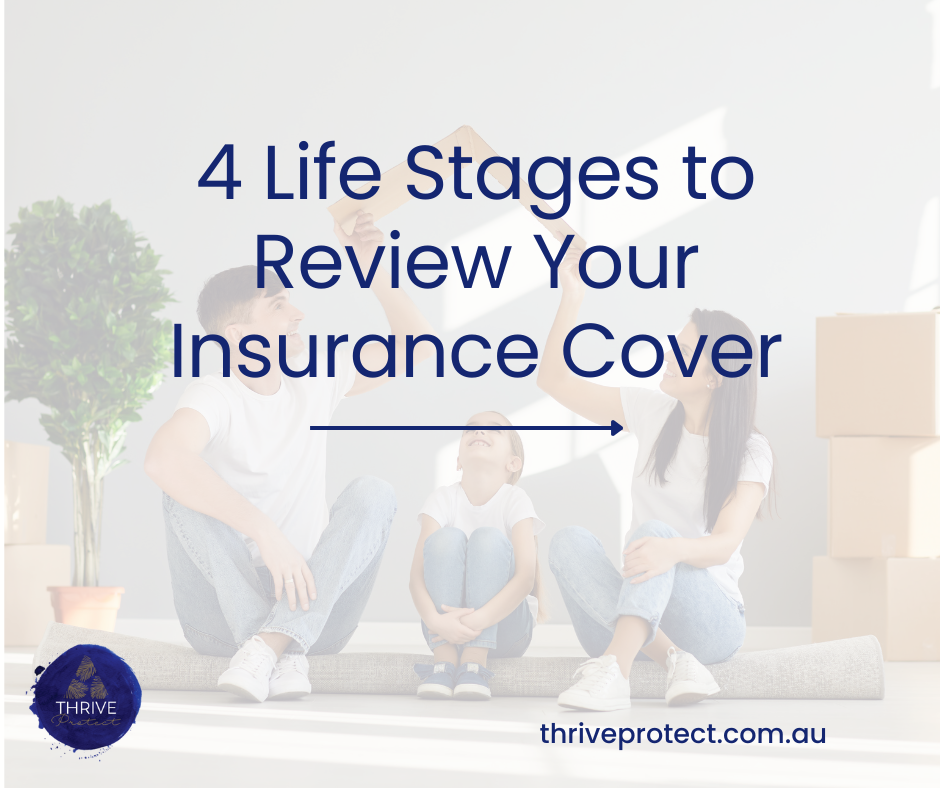TPD Insurance Definitions Explained: Own, Any & Daily Living
When it comes to Total and Permanent Disability (TPD) insurance, one of the most important things to understand is how your policy defines disability. These definitions decide whether a claim will be paid, so knowing what applies to your cover is just as important as knowing how much insurance you have.
In our earlier post, How Much TPD Cover Is Enough?, we explored how to work out the right level of cover. Today, let’s look at the fine print that really matters—the TPD definitions.
What is TPD Insurance?
TPD insurance provides a lump sum payout if illness or injury means you are unlikely to ever work again. It’s designed to help cover major expenses—like paying off the mortgage, funding ongoing care, or supporting your family financially when life takes a difficult turn.
But not all policies define “disability” in the same way. That’s where TPD definitions come in.
Types of TPD Definitions
There are three main ways insurers define TPD. Understanding them will help you know how your cover works.
1. Own Occupation TPD
Definition : You’re considered totally and permanently disabled if you can’t return to the specific job you were doing before your illness or injury.
Why it matters: This is the most generous type of cover. If you’ve built your career around specialised skills, this definition gives you the strongest protection.
2. Any Occupation TPD
Definition : You’re only considered totally and permanently disabled if you’re unable to work in any role suited to your training, education, or experience.
Why it matters : Claims can sometimes be harder to meet because you need to prove you can’t do any suitable job. On the flip side, premiums are usually lower, and this definition can be funded through superannuation.
3. Activities of Daily Living (ADL) / Modified TPD
Definition : You’re assessed based on whether you can independently carry out everyday tasks—such as bathing, dressing, feeding, toileting, or moving around.
Why it matters : This is the toughest definition to satisfy, but it offers cover for situations where independence is lost, regardless of work ability. Some super funds use this definition for casual or part-time workers.
TPD Insurance Inside Super vs Outside Super
Many Australians hold TPD insurance inside super without realising it. But cover inside super usually only comes with the Any Occupation or ADL definition, though premiums are conveniently paid from your super balance.
If you take out TPD outside super, you may have the option to choose Own Occupation cover—offering stronger protection, especially for people in specialised careers.
You can also elect to ‘superlink’ cover giving you the option of Any Occupation through super and Own Occupation as a top up funded from personal funds.
Why Your TPD Definition Matters
Your TPD definition affects:
- How easy it is to make a claim
- The cost of premiums
- The level of security your family has if something happens
For example, two people with the same cover amount could face very different outcomes depending on whether they’re insured under “Own Occupation” or “Any Occupation”.
FAQs About TPD Insurance
What does TPD mean in insurance?
It stands for Total and Permanent Disability, providing a lump sum payout if you can no longer work due to illness or injury.
What is the difference between Own Occupation and Any Occupation?
Own Occupation is easier to claim because it’s based on your specific job. Any Occupation requires proof you can’t work in any suitable role.
Is TPD insurance through super enough?
Cover through super is often limited to “Any Occupation” or ADL definitions, so it may not be sufficient for everyone.
Final Thoughts
Understanding your TPD insurance definition is just as important as choosing how much cover you have.
If you’re not sure which definition your policy uses—or whether it still suits your needs—our team at Thrive Protect is here to make it clear.
Bear in mind, your occupation and age can also determine what definitions are available to you.
👉 Get in touch with us if you’d like a review of your cover.






